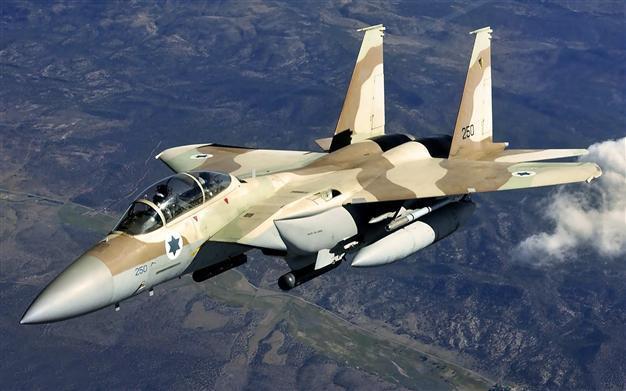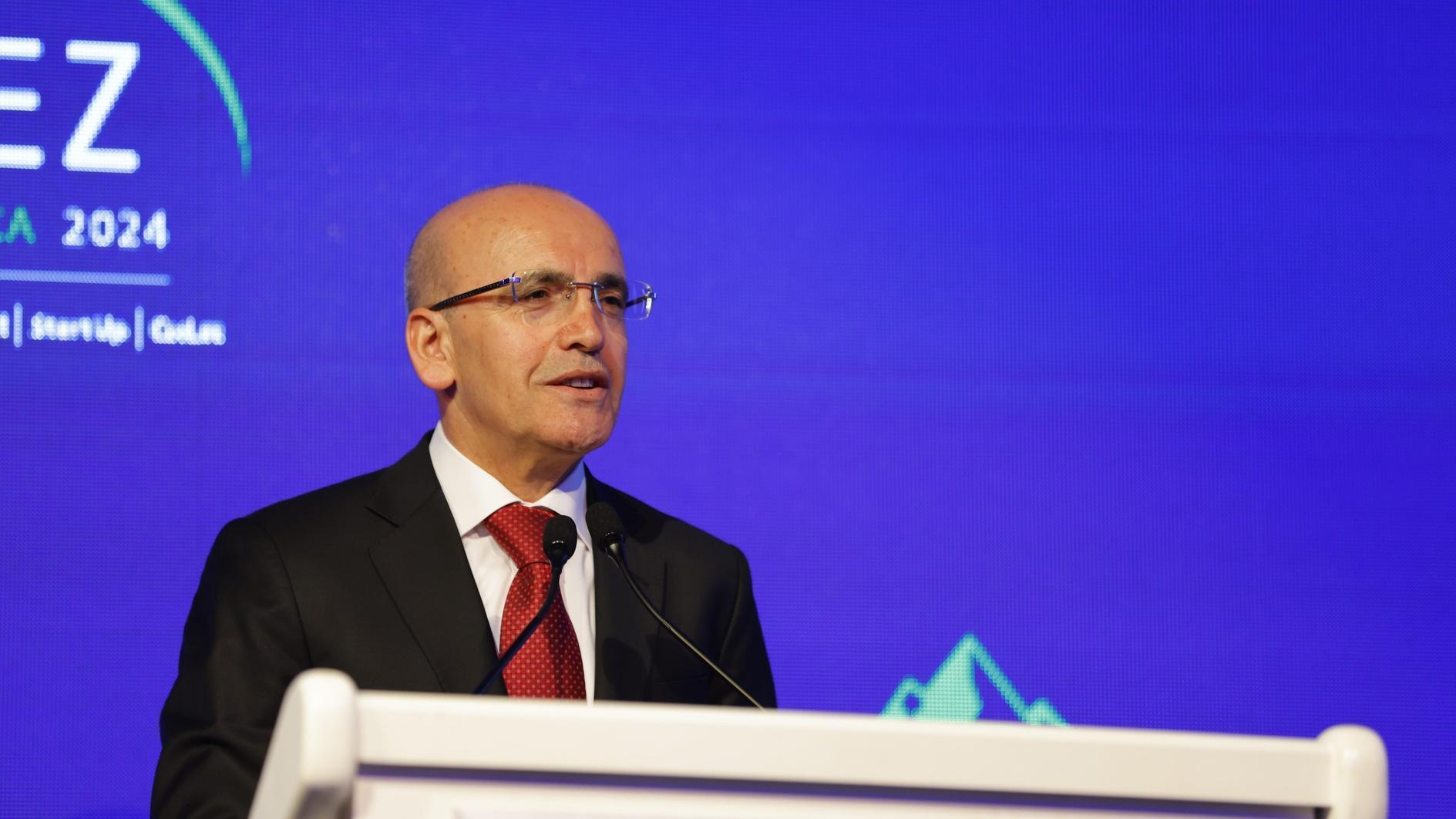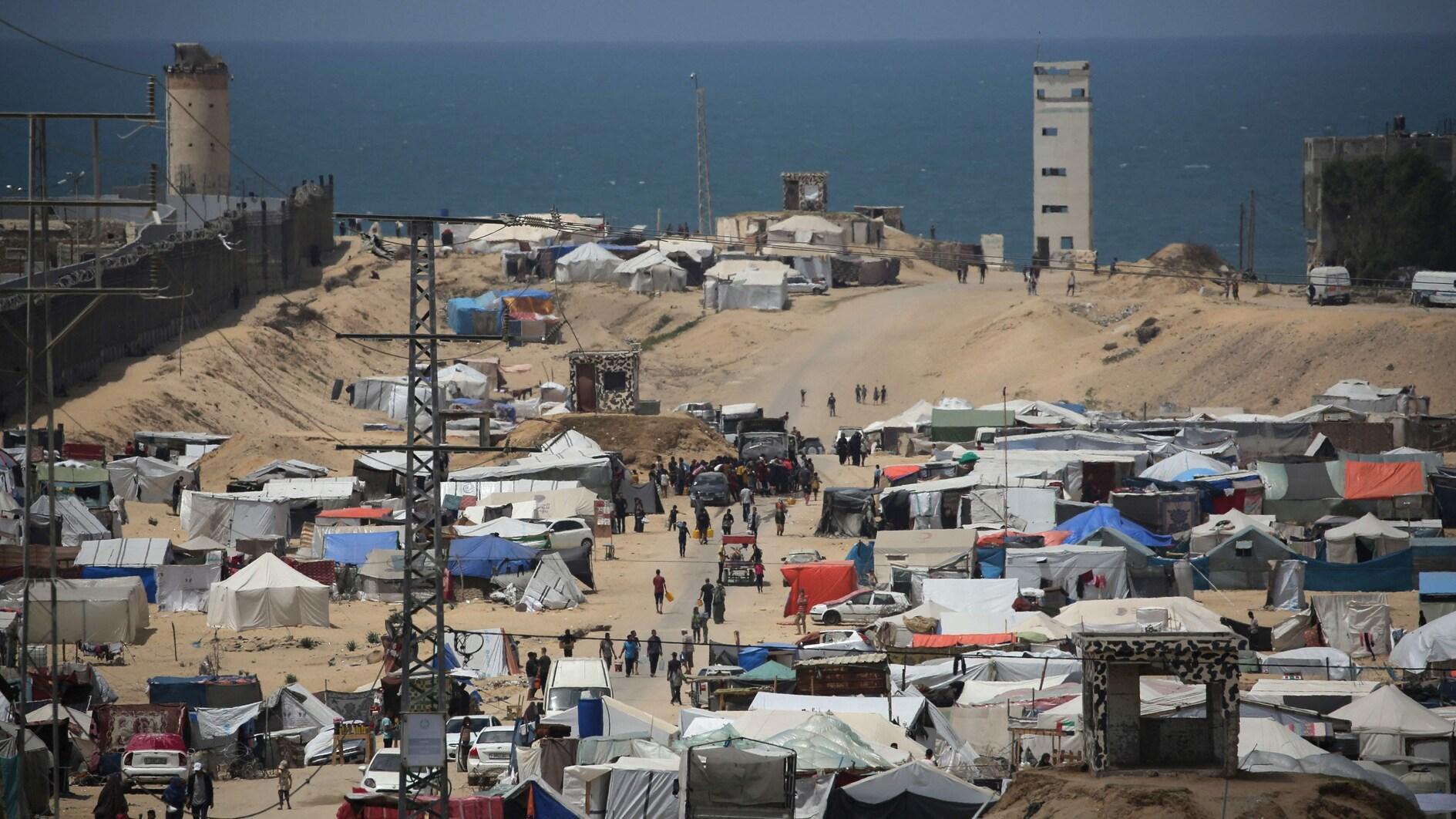Israel planes target Hezbollah-bound missiles in Syria: Official
WASHINGTON - Reuters

US officials told NBC News the air strikes most likely were targeting a shipment of weapons to Hezbollah. Hürriyet archive photo
Israel has carried out an air strike targeting a shipment of missiles in Syria bound for Hezbollah in neighbouring Lebanon, an Israeli official said on May 4.The Jewish state had long made clear it is prepared to resort to force to prevent advanced Syrian weapons, including President Bashar al-Assad's reputed chemical arsenal, being handed over to Lebanon's powerful Shi'ite Muslim guerrillas. Assad and Hezbollah are allied to Iran, Israel's arch-enemy.
Israeli government did not formally confirm the air strike, which was disclosed to Reuters by an Israeli official who spoke on the condition of anonymity.
"There was an air strike. The target was not a chemical weapons facility. It was missiles intended for Hezbollah," the official told Reuters. A U.S. official told Reuters the target was apparently a building.
The attack - the second reported Israeli air strike on a target in Syria in four months - took place after Prime Minister Benjamin Netanyahu's security cabinet approved it in a secret meeting on May 2 night, a regional security source said.
CNN quoted unnamed U.S. officials as saying Israel most likely conducted the strike "in the Thursday-Friday time frame" and its jets did not enter Syrian air space.
The Israeli air force possesses so-called "standoff" bombs that coast dozens of kilometres (miles) across ground to their targets once fired. That could, in theory, allow Israel to attack Syria from its own turf or from adjacent Lebanon.
Lebanese authorities reported unusual intensive Israeli air force activity over their territory on May 2 and May 3.
A Lebanese security source said his initial impression was that Israeli overflights were monitoring potential arms shipments between Syria and Lebanon, potentially to Hezbollah.
Syrian government sources denied having information of a strike. Bashar Ja'afari, the Syrian ambassador to the United Nations, told Reuters: "I'm not aware of any attack right now."
But Qassim Saadedine, a commander and spokesman for the rebel Free Syrian Army, said: "Our information indicates there was an Israeli strike on a convoy that was transferring missiles to Hezbollah. We have still not confirmed the location."
Targeted missiles capable of carrying chemical weapons: Syrian rebels
Rebel units disagreed about what type of weapons were in the convoy. A rebel from an information-gathering unit in Damascus that calls itself "The Syrian Islamic Masts Intelligence" said the convoy carried anti-aircraft missiles.
The rebel, who asked not to be named, said: "There were three strikes by Israeli F-16 jets that damaged a convoy carrying anti-aircraft missiles heading to the Shi'ite Lebanese party (Hezbollah) along the Damascus-Beirut military road.
"One strike hit a site near the (Syrian) Fourth Armoured Division in al-Saboura but we have been unable to determine what is in that location".
Saadedine said he did not think the weapons were anti-aircraft. "We have nothing confirmed yet but we are assuming that it is some type of long-range missile that would be capable of carrying chemical materials," he said.
In January this year, Israel bombed a convoy in Syria, apparently hitting weapons destined for Hezbollah, according to diplomats, Syrian rebels and security sources in the region. Israel has not formally confirmed carrying out that strike.
Chemicals under Assad's control
Lebanese acting foreign minister Adnan Mansour was critical. "Attacks such as these will result in more tension and blow up the situation which it promoted," he said.
"This will not give Israel the peace or security that it wants, in its own way, rather it will push the region into an inflamed struggle and into the unknown."
Giora Eiland, a former Israeli army general and national security adviser, said the apparent deadlock in Syria's civil war, now in its third year, meant the Netanyahu government had to be prudent in any military intervention.
Israel fought an inconclusive 2006 war with Hezbollah and regards the Lebanese guerrilla groups as a potent threat. Yet a senior Israeli official, Amos Gilad, on May 4 saw little risk of Hezbollah seeking to outfit itself with Syria chemical weapons, which he described as securely under Assad's control.
"Chemical weapons kill those who use them," Gilad, a Defence Ministry strategist, said in a speech.
















